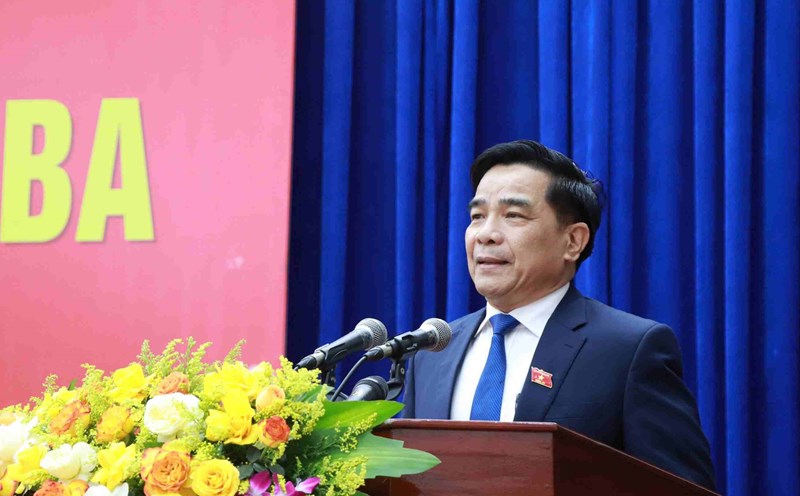miscalculate, misunderstand the nature
For many years, the concept of virtual currency has been commonly used in Vietnam to describe assets developed on blockchain platforms, especially crypto. However, this term does not accurately reflect the technological nature as well as the legal status of the asset type that is increasingly having a great influence on the digital economy.
According to the Law on the State Bank of Vietnam, currencies include Vietnamese Dong, foreign currency and legal payment methods approved by the State Bank. Crypto is not on any of these categories and is not recognized as a legal payment method in Vietnam. Calling crypto money can easily lead to misunderstandings about its functions and legality.
Crypto officially legalized as property
On June 14, 2025, the National Assembly passed the Law on Digital Technology Industry - the first law in Vietnam to comprehensively regulate the field of digital technology, in which a legal framework for digital assets was first established. Accordingly, crypto is classified as a group of digital assets, cryptocurrency assets, and virtual assets, depending on the purpose of management and context of use.
Mr. Phan Duc Trung - Chairman of the Vietnam Blockchain Association - commented that legalizing crypto as an asset is the right and necessary step. "The correct calling not only helps to clearly position the legal situation, but is also a premise for building policies to manage, protect investors, collect taxes and combat money laundering," Mr. Trung emphasized.
According to Mr. Trung, in the past, the use of the word "virtual currency" has caused many consequences, from misunderstanding in public to difficulties in management. Brying should not be viewed as money in games. It is a truly valuable asset that can be traded globally, stored using blockchain technology and has been legally recognized by dozens of countries, he said.
From games to legal practice
The term virtual currency originally came from the online gaming sector used to refer to currency units with value in a closed environment, such as prize points or virtual gold in games. Crypto while it can be used for transactions is completely different in structure, operating mechanism and economic value. The similarity in form but the difference in nature makes the term "virtual currency" a major barrier to access blockchain technology in Vietnam.
The establishment of the Digital Technology Industry Law not only lays a legal foundation for cryptographic assets but is also a necessary step of adjustment in terms of concept. Clearly distinguishing between virtual assets, cyber assets and cyber currency helps unify understanding, management and communication methods, avoiding information disturbances.
Terms that should be not used
According to Mr. Phan Duc Trung, Chairman of the Vietnam Blockchain Association, to ensure accuracy, it is necessary to prioritize the use of the following terms:
Digital Asset: Including all assets existing on a digital platform, from data, NFT to token.
Digital assets: Emphasize technology and cryptography elements, appropriately when talking about crypto.
virtual assets (virtual Asset): The term used by FATF in its anti-money laundering recommendation.
cryptocurrency: Can be used in an international context, but be careful in Vietnam.
Do not use: "virtual currency" - because it is easily cause misunderstanding, lacks a legal basis and is no longer suitable for management practice.
Identify correctly for correct management
According to Mr. Phan Duc Trung, calling the right crypto name is not only a matter of language, but also reflects maturity in policy thinking and state management. As the law has established a legal status for crypto as an asset, continuing to call it a virtual currency is a step back, he said.
In the context of Vietnam completing the legal framework for the digital economy, unifying the calling and understanding of crypto will help build market confidence, protect investors and improve management efficiency. Starting with the right name - the blockchain technology industry can take further steps in the journey of sustainable and transparent development in Vietnam.






